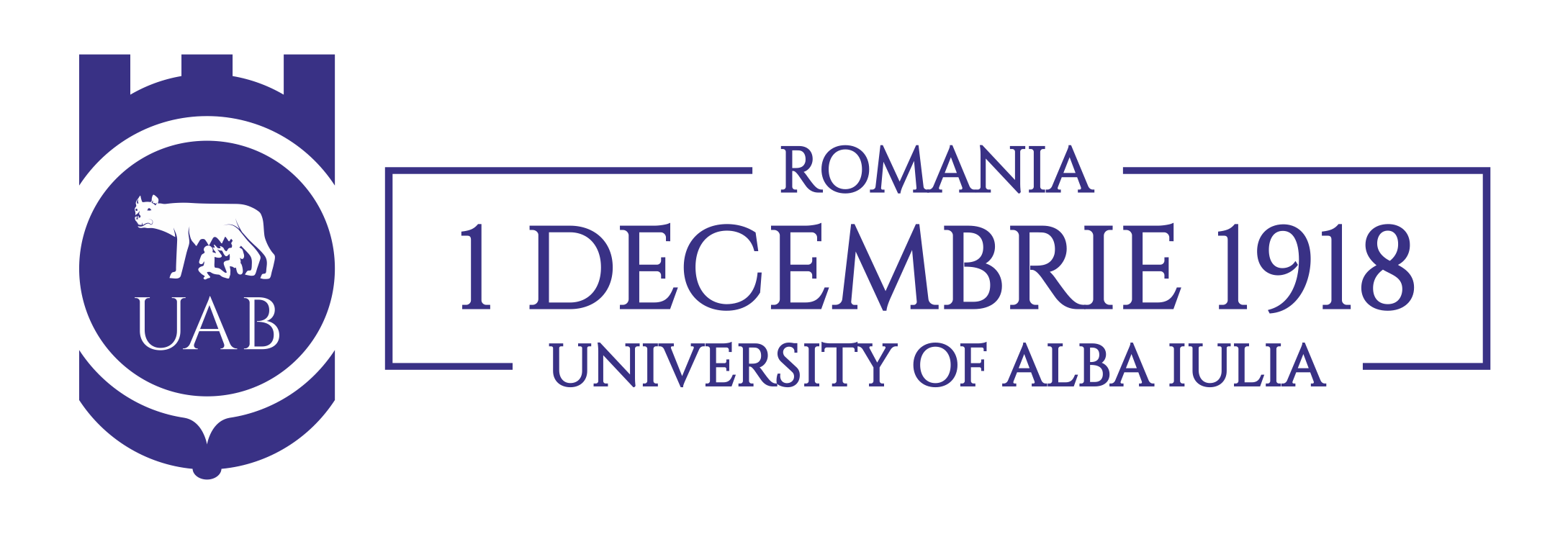UAB's International Strategy 2025-2029
In order to maintain and progress, universities must adopt an international openness, integrating global, international and intercultural aspects in all their activities, from management and institutional development, to teaching and research. In this context, it is crucial that higher education institutions formulate appropriate strategies in order to strengthen their international presence and adapt to global changes. The internationalisation of higher education is becoming essential, as the links between research, academic knowledge and economic and technological globalisation are becoming increasingly close. The quality of higher education is closely linked to the ability of universities to quickly access and adopt new advances in various fields of knowledge.
Of course, in the European context and the numerous global crises (demographic trends, global warming, environmental degradation), higher education risks losing its position as a center of knowledge creation, which makes it all the more important to internationalize the field so as to ensure the attraction of talents with a top level of education and training[1].
Thus, internationalization strategies must be developed in a way that guarantees the access of all participants in the educational process to the resources necessary to achieve key objectives: improving competences, skills and knowledge both in the specialized field and in transversal, linguistic and intercultural competences, preparing graduates capable of integrating and being competitive on the labor market, both nationally and internationally; developing an international and intercultural perspective, aimed at stimulating tolerance and adaptive behaviours, for greater professional and social flexibility; increasing the quality of educational processes by sharing good practices in teaching and learning; adapting teaching methods to global developments.
Strategies for the internationalization of higher education must be an integral part of all institutional processes, addressing all critical aspects to guarantee quality education: reforming and globalizing the curriculum, studying foreign languages, updating teaching and learning methods, improving and internationalizing support services, as well as providing services aimed at increasing the employability of graduates.
The transformation of "1 Decembrie 1918" University of Alba Iulia into an international university is getting closer to becoming a fulfilled goal, following the achievement of the performance indicators established in the 2020-2024 strategic framework. During this time, UAB became part of the EU consortium. ACE – European University for Academic Continuig Education, together with University for Continuig Education Krems (Austria) as coordinating institution, Conservatoire National des Arts et Métiers (France), Ulm University (Germany), Andrassy University (Hungary), Universitá Cattolica del Sacre Cuore, (Italy), CEU San Pablo University (Spain), Turku University of Applied Sciences (Finland), University of Applied Scineces Utrecht (Netherlands) and associated partners within the Lucerne consortium University of Applied Sciences and Arts (Switzerland) and Zenica University (Bosnia and Herzegovina). The consortium currently brings together 152,000 students and approximately 24,000 professors, researchers and auxiliary academic staff. Material resources, including state-of-the-art laboratories, public and private partnerships, the support of more than 51 organizations, public institutions, companies, professional and non-governmental associations will guarantee the fulfillment of the fundamental purpose of our Universities: graduates capable of successfully integrating into the labor market anywhere in the world, with professional, intercultural and linguistic skills, abilities and competences in accordance with the principles and values fundamental principles of European societies that we are honoured to share.
EU.ACE Consortium was designed to revolutionise European higher education, especially in terms of guaranteeing access to education for every European citizen by promoting micro-credentials, short-term study programmes, academic certifications for professional programmes, the creation of educational programmes designed together with labour market actors (Mercedes, Bosch, the Romanian Commercial Bank, the Centre for the Promotion of Lifelong Learning, Alba County Council – associated partners, with the support of the Ministries of Education of Romania, Austria and France), being our chance to achieve the objectives of the European Social Agenda, including in terms of reaching the percentage of 60% of European adults to complete at least one learning program by 2030.
At the institutional level, UAB aims to adopt policies that address the need to achieve several key objectives: improving the quality of education (integrating international best practices and access to global educational resources to raise educational standards), developing intercultural and professional competences (training students' and teachers' linguistic, intercultural and professional skills to prepare them to function in a globalised environment), promoting international research collaborations (facilitating international partnerships between academic institutions from different countries and encouraging the exchange of knowledge, ideas and innovative technologies), expanding academic networks (establishing and strengthening relationships with other universities, research organisations and companies to support mobility and access to educational and professional opportunities), improving the visibility and reputation of the institution (raising the international profile of the institution to attract quality students and teachers and increase competitiveness in international education), access to international funds and resources (obtaining international funding for research and development projects and attracting financial and material resources from various global sources), promoting cultural diversity and inclusion (encouraging cultural diversity and inclusion on campuses by attracting a diverse international student and academic body), supporting innovation and adaptability: It stimulates the exchange of new ideas and adaptation to rapid changes in education and technology).
[1] Council conclusions on a European strategy for empowering higher education institutions for the future of Europe 2022/C 167/03/9.
